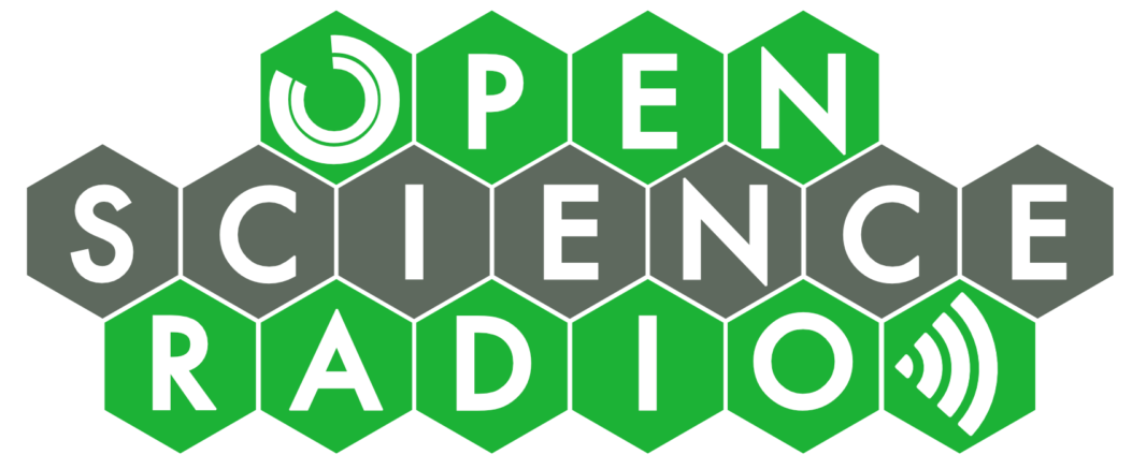Nach den letzten Episoden mit jeweiligen Themenfokus gibt es diese Mal wieder einer eher „klassische“ Episode. Wobei, etwas Besonderes ist es doch, denn zum einen bin ich zu Gast bei Konrad in Köln (und wir sitzen uns gegenüber), zum anderen nehmen wir genau das zum Anlaß ein wenig mehr Einblick in Konrad’s neue Wirkungsstätte, das ZB MED Informationszentrum für Lebenswissenschaften, zu nehmen. Daneben gehen wir noch auf ein paar News ein, allen voran die Entwicklungen rund um Plan S, aber auch andere (u.a. ein paar Podcastempfehlungen).
Kurze Service-Anmerkung: wir saßen in einem sehr halligen Raum und auch wenn wir das recht gut in den Griff bekommen haben, manchmal hört man dann doch noch etwas Hall – wir hoffen das stört nicht. Zudem hatten wir auch noch etwas Pech and zwei Stellen unserer regulären Aufnahme, sodass wir für die Dauer von ein paar Minuten auf die Backupaufnahme zurückgreifen mussten, die leider noch einmal etwas halliger ist.
Trotz allem, viel Spaß!
According to dictionaries „101“ refers to introductory lessons or beginners overview or tutorials. Over the course of this podcast we already have taken this approach a couple of time (e.g. on Open Access). But as technology and processes develop, might be useful to do this again from time to time. This time we want to take a brief look at the whole research cycle and try to provide a bit of information about a few general entry points for doing research more openly. This 101 is by far not exhaustive and makes no claim to be complete, but our aim was to show you some starting points from where you could dive deeper into the matter if you like. Have fun!
As you might have heard in earlier episode we came up with the idea of trying to develop an open science curriculum (and teaching material) for the general concepts underlying the practices of open science. For kickstarting this project this year’s Mozilla Science Global Sprint, which ended today, came in really handy. And after two days of great with with a number of contributors from various countries and backgrounds we’ve made quite some progress. This was a great experience and as Konrad says in the episode, this was a sprint and what follows is the marathon to build on this and continue from there. So hopefully you’ll keep hearing about the project from us as we will continue working on it. If you wanna contribute, you are invited to join us!
For now, have fun listening to Konrad, Andreas and Markus with an introduction to the project and a short sprint report.
Software Carpentry is an initiative that has already been mentioned in various Open Science Radio episodes. From 1998 it has ventured out in order to teach scientists how to teach other scientists how to program software that helps them in their daily work with scientific (data) analysis. The community-driven project is a unique one and it was about time that we dip into their activities. Luckily we don’t need to do that alone but are honored that Greg Wilson, the co-founder of Software Carpentry, has freed up some of his time to give us an introduction and answer some of our questions. In addition, it is quite convenient that Konrad already has gained some experience with Software Carpentry himself. We hope this episode provides a small introduction to this great initiative and maybe encourages someone of you to participate and support it. Besides, we strongly recommend that you take some time and have a look at the material yourself. Enjoy!





